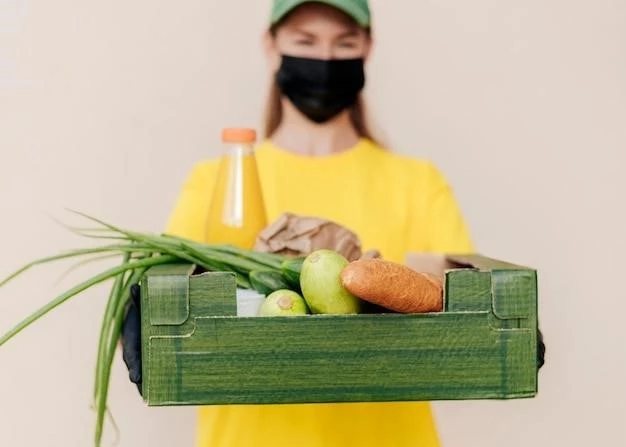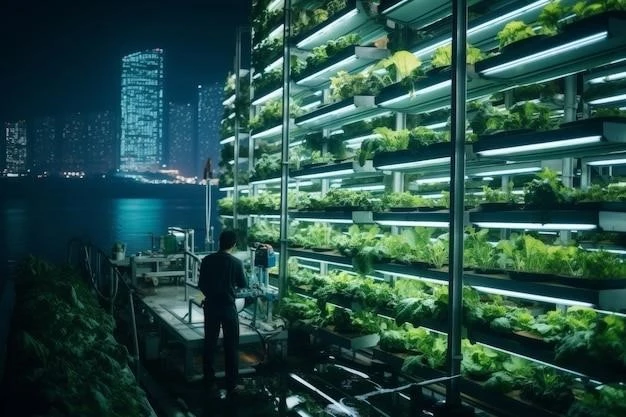Food Security in a Changing World: A Personal Perspective
The other day, I was picking up some groceries for the week and was struck by the price of produce. A simple head of lettuce was nearly double what I used to pay! It made me think about the larger issue of food security in our rapidly changing world. This isn’t just about my grocery bill; it’s a global concern that affects everyone.
My Garden, My Education
I’ve always been a bit of a hobby gardener. There’s something so satisfying about nurturing a seed into a plant that eventually produces food. But over the past few years, my small garden has become more than just a hobby; it’s been a firsthand education in the challenges of food production in a changing climate.
I live in the American Midwest, and we’ve been experiencing some wild weather swings. Last summer, we had a brutal heatwave that scorched my tomato plants to a crisp. The year before, it was intense rainfall that flooded my garden beds, ruining my carrot crop. These unpredictable conditions make it increasingly difficult to plan and maintain a steady supply of homegrown food.

Beyond My Backyard: A Global Issue
My gardening struggles are a microcosm of the larger issues facing farmers worldwide. Climate change is bringing about:
- Extreme Weather Events: Droughts, floods, and heatwaves are becoming more frequent and intense, damaging crops and disrupting harvests.
- Pests and Diseases: Warmer temperatures allow pests and diseases to thrive, impacting yields and increasing the need for pesticides.
- Water Scarcity: Shifting weather patterns and increased evaporation are leading to water shortages in many agricultural regions.
These factors all contribute to food insecurity, not just in developing nations but also in wealthier countries like the one I live in. The rising cost of produce I experienced is just one small example of the ripple effects of climate change on our food system.

Taking Action: From Individual to Global
The good news is that awareness of these challenges is growing. I’ve noticed more conversations about food waste, sustainable farming practices, and supporting local food systems. Here are some actions I’ve taken in my own life, and some larger-scale solutions we need to consider:
What I’m Doing:
- Reducing Food Waste: I’ve become much more conscious of how much food I throw away. I plan meals carefully, use leftovers creatively, and compost food scraps.
- Supporting Local Farmers: Whenever possible, I buy produce from local farmers markets; It supports my community and often means the food is fresher and has traveled shorter distances.
- Learning About Sustainable Practices: I’m researching and experimenting with more sustainable gardening techniques, like water conservation and natural pest control.
What We Need Globally:
- Climate-Smart Agriculture: We need to invest in and implement farming practices that are resilient to climate change, conserve resources, and reduce greenhouse gas emissions.
- Strengthening Food Supply Chains: We need to improve infrastructure and logistics to reduce food loss and waste throughout the supply chain, from farm to table.
- Empowering Consumers: Education and awareness campaigns can empower consumers to make informed choices about the food they buy and reduce their environmental impact.
A Shared Responsibility for a Sustainable Future
Food security in a changing world is a complex issue with no easy solutions. But I believe that by acknowledging the challenges, taking individual action, and advocating for systemic change, we can create a more sustainable and equitable food system for everyone.
It starts with each of us recognizing that our food choices have an impact. The future of food security depends on our collective action.










